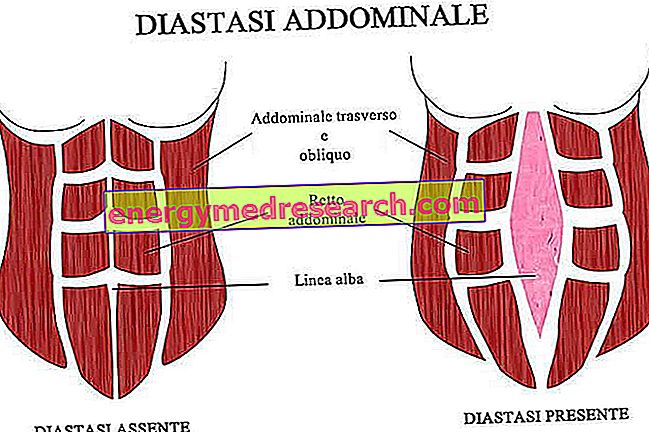
Our body responds to high environmental temperatures with different defense mechanisms, aimed at maintaining a relatively constant internal temperature. The human body is in fact able to tolerate a lowering of the deep temperature of 10 ° C, but it is unlikely to withstand increases above 5 ° C.
IMPORTANCE OF SKIN VASODILATION
Among the defenses used to avoid heat damage to internal organs, peripheral vasodilation plays an important role, because it helps maximize heat dissipation. Therefore, in particularly hot climates the vessels of the skin dilate to carry more heat to the skin surface. In fact, blood can be considered a heat transport liquid; in particular, we talk about circulatory convection to indicate the phenomenon whereby the heat destined to be dispersed is transported from the production site (internal organs) to the body surface through the blood circulation.
Arrived at the skin level, the heat is dispersed by conduction, convection and radiation (as well as by evaporation of sweat). Therefore, if more blood reaches the skin, a greater quantity of heat is transported to it (and consequently dispersed).
The blood that has given heat to the skin capillaries cools the body, mixing with the blood from the hottest internal organs. Therefore, peripheral vasodilation facilitates heat loss and with it the cooling of the body.
HOT AND LOW PRESSURE
Peripheral vasodilation in hot environments brings with it some disadvantages, linked to the fall in blood pressure . If the capillary surface increases, in fact, the blood pressure is reduced and this can cause some problems, especially to those who already complain of lower than normal blood pressure or suffer from cardiovascular problems. This is because in similar circumstances the blood supply to the brain decreases, so the subject may feel tired, sleepy and lacking in energy, until he feels a sense of failure.
These sensations can be aggravated by dehydration. The important loss of body fluids with sweating, in fact, reduces the blood volume and this further contributes to lowering blood pressure, accentuating problems of fatigue, drowsiness and dizziness.
If then the heating of the organism is particularly rapid and violent, the abrupt peripheral vasodilation can lead to a pressure drop so rapid and important as to generate a state of shock. When, on the other hand, exposure to heat is prolonged, the drop in blood pressure due to marked vasodilation, with edema (swelling) of the peripheral areas, can lead to fainting (because it reduces cardiac output).
At the first signs of failure - such as dizziness, cold sweat, visual blurring or dry mouth - it is advisable for the subject to assume a lying position with his legs raised with respect to the chest.



